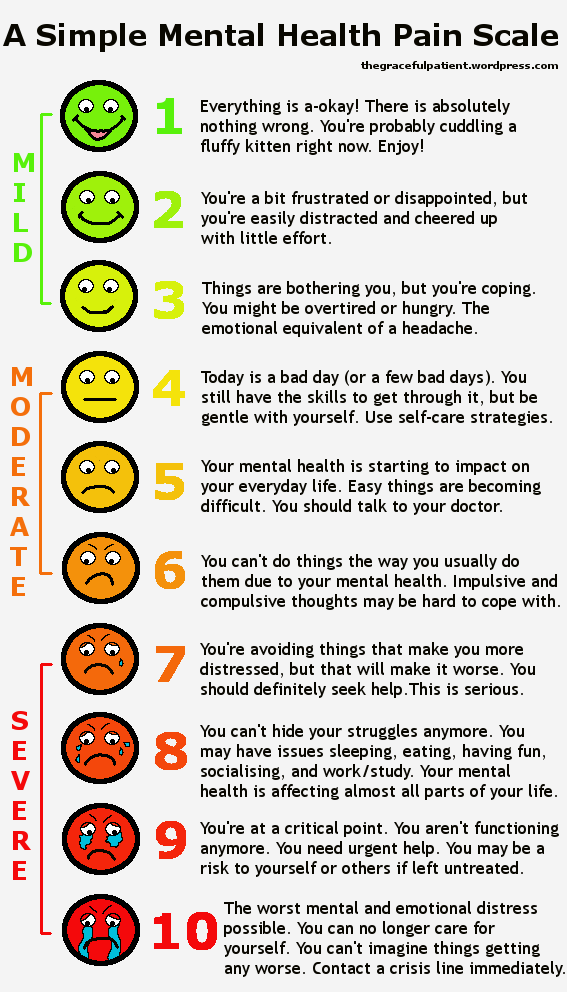Stress. A certain amount of stress can be beneficial – it helps you focus, organise, delegate, take action, get things done. But how do you know when that stress you have been living with has taken over and gone into overwhelm territory?
The nature of stress is that, it impacts your nervous system in gradual amounts, until a point where your nervous system is in overwhelm. The nervous system ends up in a chronic state of fight-flight, and it is hard to engage the rest-and-digest state. Basically, your nervous system is so used to stress that when you try and relax, and engage in “fun” or “relaxing” self-care activities, you can’t relax. Your body is still tense, waiting to jump up to do something, your mind can’t concentrate on the activity you are doing, and you feel guilty about NOT DOING ANYTHING. And this is when the beliefs you hold about relaxing comes up – “I’m being lazy, I need to do something, I can’t sit until…”
So you have a nervous system in a constant state of stress, and your thoughts and behaviours can contribute to and MAINTAIN that stress. For example, with myself, I was constantly working, finding different ways to make an income to support my family, caring for my family, caring for the animals on the farm. If I sat down for even 30 minutes, I would feel guilty, and the thoughts of “I’m being lazy, I need to get up” would come. I would jump up and rush to do “stuff” when my husband came home from work. I was always looking for more “things” I could do. Not a victim, but a martyr – friends and family would compliment me on how much I do, how amazing I was, etc. And I was so exhausted, I got sick, and I still wouldn’t, and couldn’t let my body rest – my nervous system did not recognise what “rest” looks like.
There were 2 distinct points of awareness when I realised this way of living was not healthy. One was when I was resting in bed after one of the earlier sessions of immunotherapy for hopper ant anaphylaxis – each session used to knock me out for several days, and I would be in bed at 7pm on immuno-day. My 4-year-old daughter was freaking out – she almost never saw me rest, even when sick, so seeing me sick in bed triggered a lot of fear in her. This wasn’t the message I wanted her to learn – resting is NORMAL and necessary.
The second point of awareness was when I realised none of my usual self-care strategies was working. My nervous system was so far and so long into overwhelm that it did not recognise “rest”, “nurture”, “heal”. No meditating, controlled breathing, visualisation – helped. I could not feel joy or pleasure, and I could not think of anything “fun”. This was the point when I realised the limits of my own training as a counsellor and a healer, and to reach out for help. When your own nervous system has “forgotten” how to rest-and-digest, you need to get help from someone else trained in therapeutic work to “remind” your nervous system how to rest. The human brain is amazing – it has mirror neurons that help you learn very quickly from someone else, a new action. Even if that action is something you have forgotten. It is OK to reach out for help.
Have a look at this brilliant infographic created by Rori, author of wordpress blog, The Graceful Patient. Her simple mental health pain scale can help you recognise when it is time to reach out for help. And for those of us who are used to working it out ourselves, this is a good reminder to get that support sooner rather than trying to power through it ourselves.

This is the direct link to read more about this scale Rori created.
I have found that there is a line between stress and overwhelm, and that it is hard to recognise when we have stepped into that zone of overwhelm. Hopefully this infographic helps you recognise that line sooner and reach out for support.
In Australia, you can contact your General Practitioner to organise a Mental Health Care Plan (MHCP). This enables you to access between 6-10 appointments with a registered psychologist per calendar year, and these sessions are either bulk-billed or there is a small gap to pay. Research the psychologist you wish to consult and check the gap they charge.

